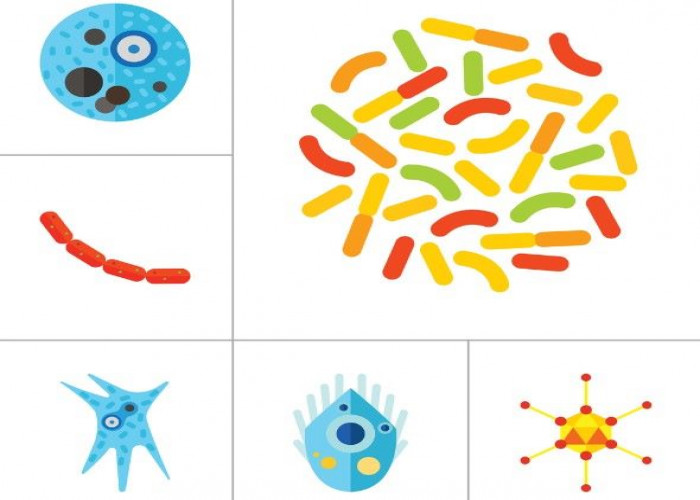 Welcome
Welcome
“May all be happy, may all be healed, may all be at peace and may no one ever suffer."
Giardial Dysentry

Giardial dysentery, also known as giardiasis, is an intestinal infection caused by the parasite Giardia lamblia. It is a common cause of diarrhea in many parts of the world, especially in areas with poor sanitation.
Symptoms of giardiasis usually begin 1-3 weeks after exposure to the parasite and can include diarrhea, abdominal pain, bloating, gas, nausea, and weight loss. Some people with giardiasis may have no symptoms at all. The infection can last for several weeks or months if left untreated, but most people recover completely with appropriate treatment.
Giardiasis is usually diagnosed by testing a stool sample for the presence of the parasite. Treatment typically involves a course of antibiotics, such as metronidazole or tinidazole, to kill the parasite. In addition to medication, rehydration with oral rehydration solutions or intravenous fluids may be necessary in cases of severe dehydration.
Prevention of giardiasis involves practicing good hygiene, such as washing hands thoroughly with soap and water after using the bathroom, before eating, and after handling animals. It is also important to avoid drinking untreated or contaminated water, especially when traveling to areas with poor sanitation. Boiling, filtering, or chemically treating water can help reduce the risk of infection.
Research Papers
Disease Signs and Symptoms
- Mucus with stool
- Frequent toilet
- Stinky stools
- Dysentery
Disease Causes
Disease Prevents
Disease Treatments
Disease Diagnoses
Disease Allopathic Generics
-
Metronidazole
1 pill 3 times a day for 7 days. Avoid drinking alcohol.
-
Tinidazole
For adults 4 tablets 1 time 1 day.
50-75 grams of this medicine per kg weight for 1-day dose for fewer adults. May be repeated after 1 week if needed.
-
Hyoscine Butylbromide
For stomach ache.
1/2 pill 3 times a day.
-
Pancreatin
If digestion is low.
1 pill 2 times after meals.
-
Metoclopramide Hydrochloride
Medicines containing metoclopramide if small children suffer from stomach gas, indigestion, vomiting etc. for a long time.
10/20 drops or 1/2, 1 spoon 3 times a day before meals.
-
Domperidone Maleate
1/2, 1 pill 3 times a day after meals.
-
Vitamin B complex
1-4 spoons 3 times a day after meals.
-
Multivitamin [Pediatric Preparation]
Multivitamin supplements for children. 10/15 drops 2 times a day.
Disease Ayurvedic Generics
Disease Homeopathic Generics
Disease yoga
Giardial Dysentry and Learn More about Diseases

N/A
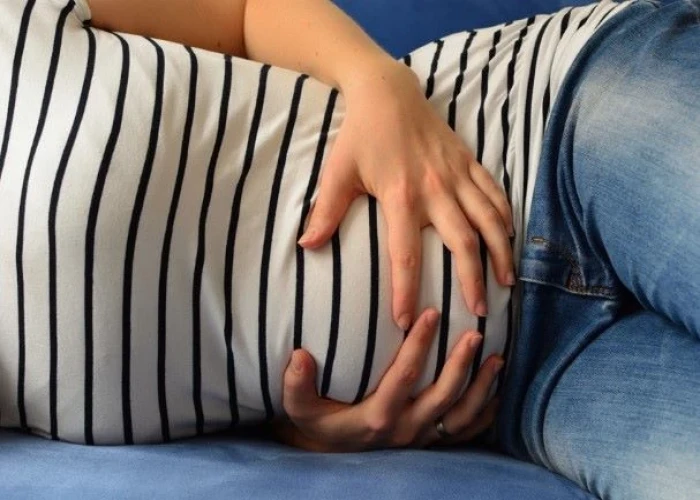
Pregnancy Abodominal Pain

Sprained ankle
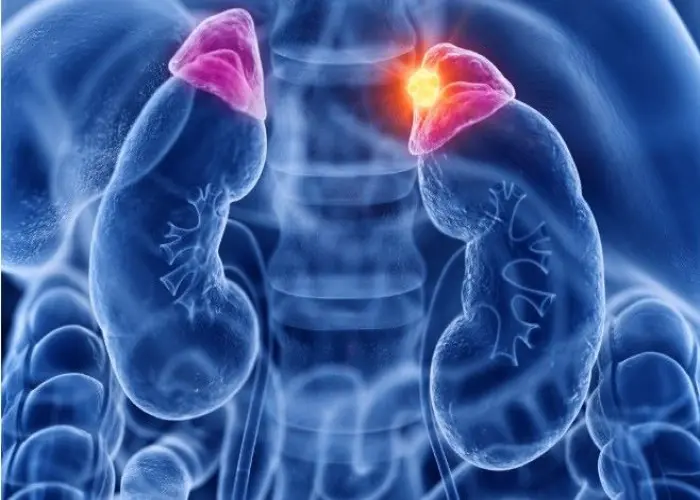
Cushing syndrome
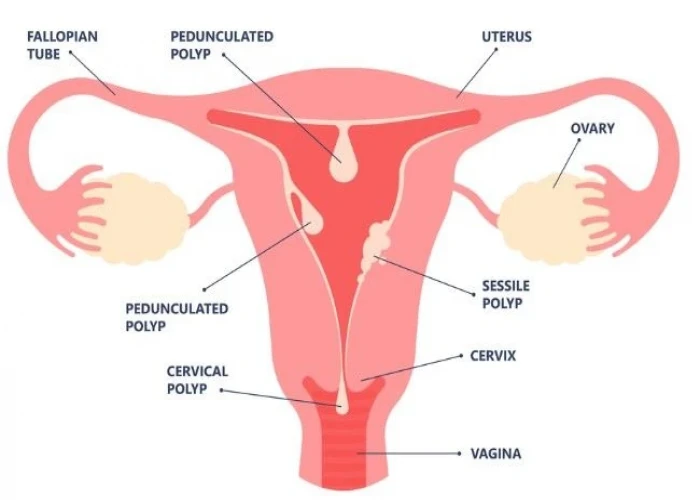
Menorrhagia (Heavy menstrual bleeding)

Radiation sickness
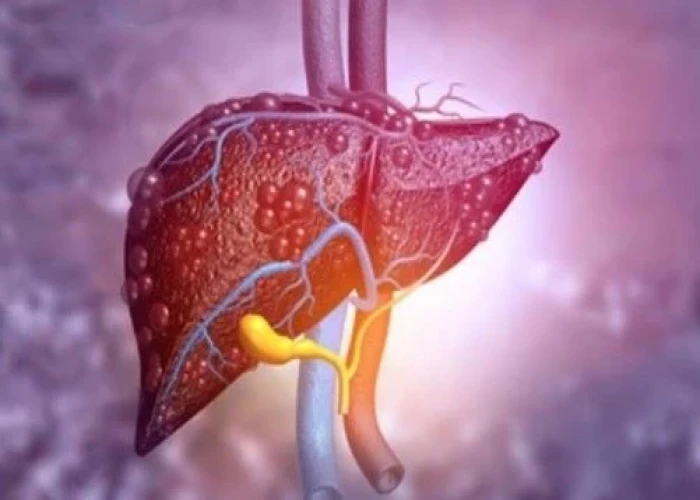
Primary sclerosing cholangitis

Lip cancer
giardial dysentry, জিয়ারডিয়াল আমাশয়
To be happy, beautiful, healthy, wealthy, hale and long-lived stay with DM3S.
